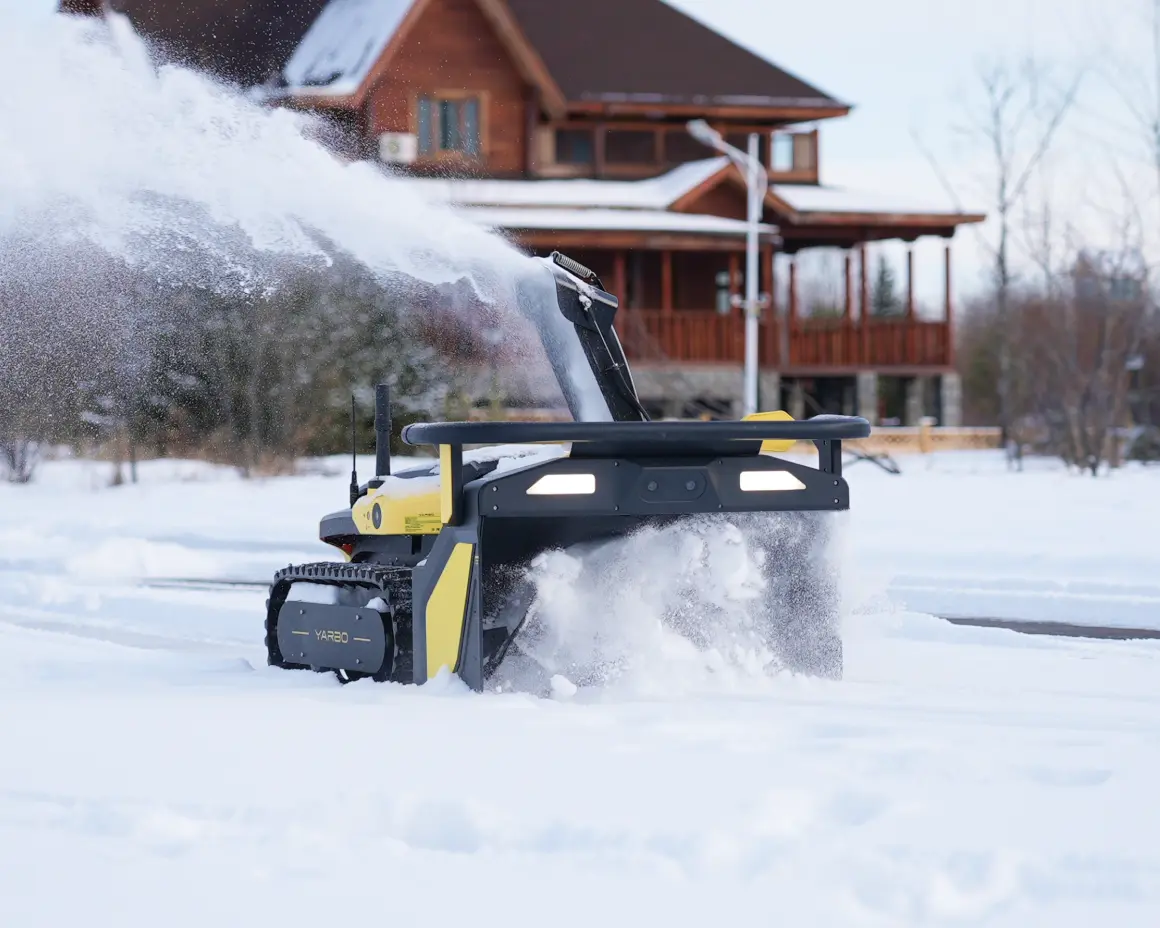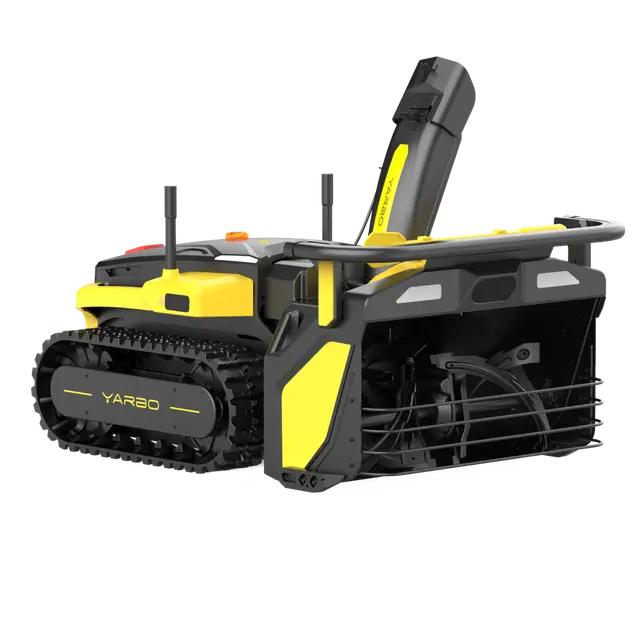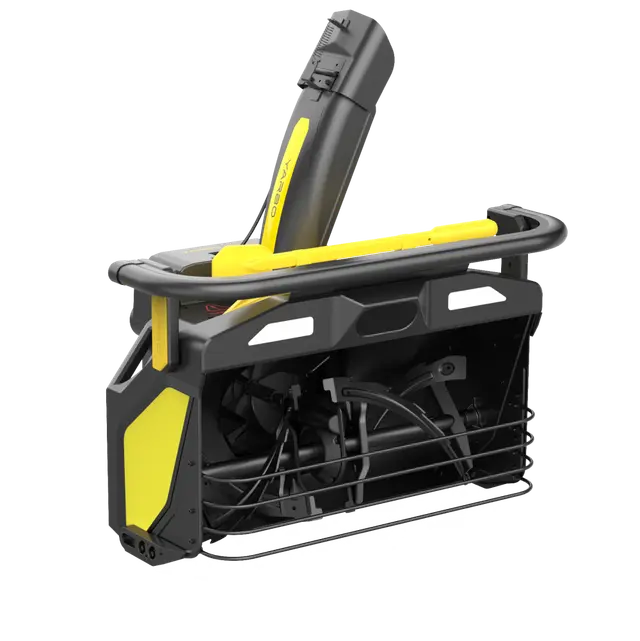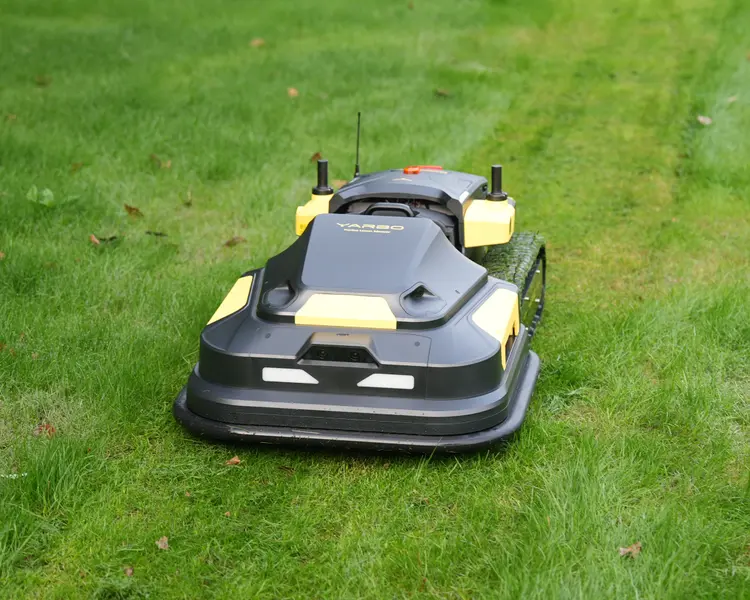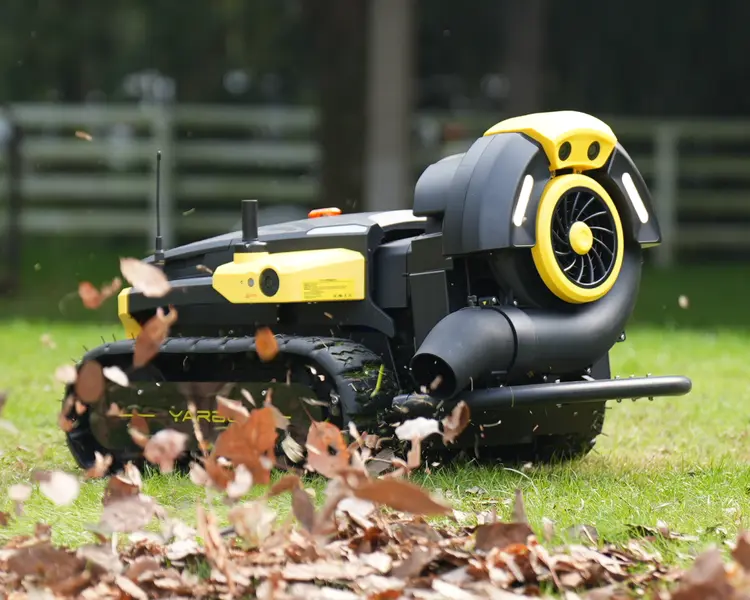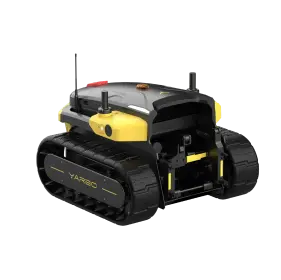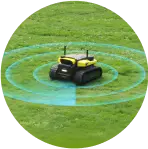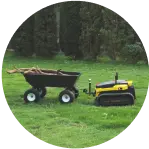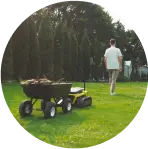Grass mowing might seem simple — just cut the grass and you’re done. But in reality, mowing is the foundation of lawn care. Done right, it strengthens your turf, improves curb appeal, and reduces weeds. Done wrong, it weakens roots, creates brown patches, and leaves your yard vulnerable to pests and disease.
In this guide, we’ll highlight the most common lawn mowing mistakes and share grass mowing tips that ensure a lush, green yard year-round.
Table of Contents
Why Grass Mowing Techniques Matter?
Proper grass mowing does more than keep your lawn tidy — it directly affects the health of your grass. Each cut is like a “pruning” process that either helps or harms growth.
Key benefits of correct grass mowing include:
-
Encourages stronger root systems
-
Promotes thicker, denser turf
-
Prevents weeds by shading soil
-
Enhances disease resistance
-
Improves overall lawn appearance
When you mow incorrectly, you disrupt this balance. That’s why understanding grass mowing tips is crucial if you want a thriving lawn.
Top Grass Mowing Mistakes to Avoid
Here are the most common errors homeowners make when mowing their grass:
-
Cutting Grass Too Short
Mistake: Mowing grass too short, or “scalping,” stresses the lawn by depleting energy reserves, exposing roots, and inviting weeds or disease.
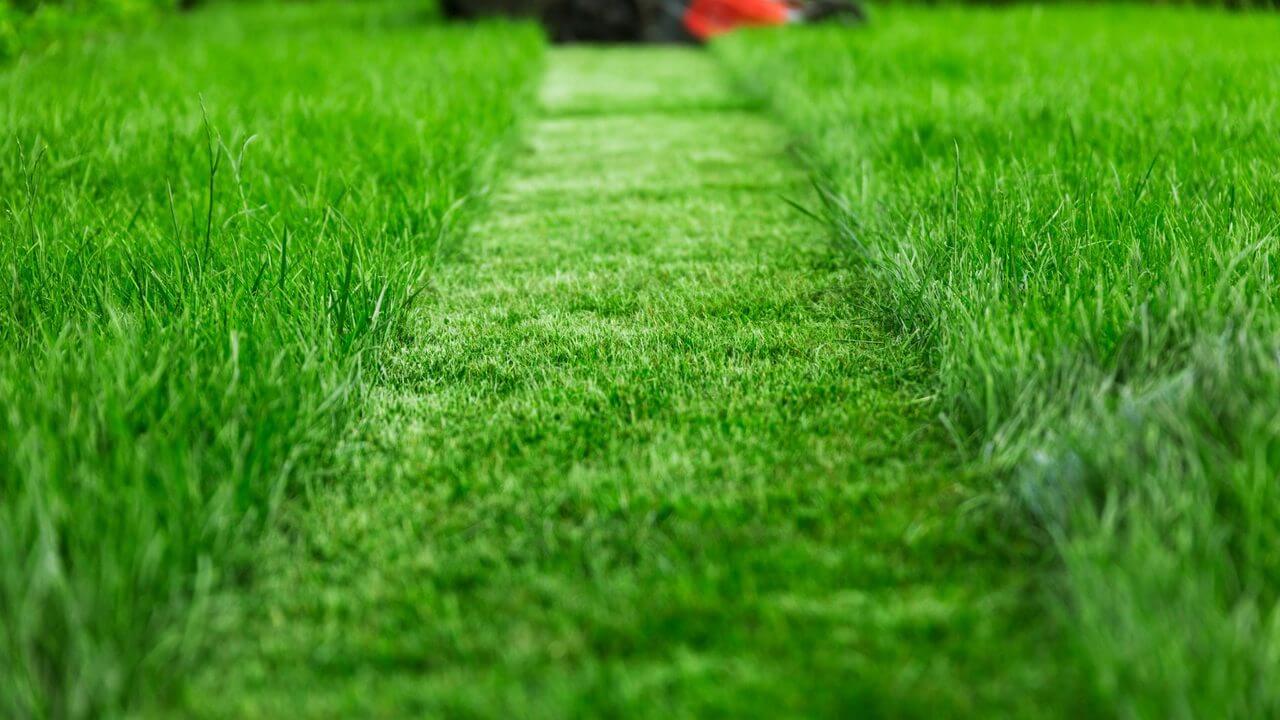
Fix: Follow the one-third rule: never remove more than one-third of the grass blade at a time. For cool-season grasses (e.g., Kentucky bluegrass, fescue), maintain a height of 2.5–3.5 inches.
For warm-season grasses (e.g., bermudagrass, zoysia), keep it at 1.5–2.5 inches. Adjust your mower’s cutting height to suit your grass type.
Yarbo Solution: Yarbo’s robotic mower offers adjustable cutting heights (1.2–4 inches), ensuring precise cuts tailored to your lawn’s needs without scalping.
-
Mistake Mowing Too Infrequently
Mistake: Letting grass grow too long between mows forces you to cut more than one-third of the blade, shocking the grass and causing yellowing or uneven growth.

Fix: Mow weekly during the growing season (spring/fall for cool-season grasses, summer for warm-season grasses). If your lawn gets overgrown, mow gradually over multiple sessions to reach the desired height.
Yarbo Solution: Schedule automatic mowing with Yarbo’s app, ensuring consistent cuts without manual effort. Its RTK-GPS navigation covers up to 6 acres efficiently, preventing overgrowth.
-
Using Dull Mower Blades
Mistake: Dull blades tear grass instead of cutting cleanly, leading to ragged edges, browning, and increased susceptibility to pests or disease.
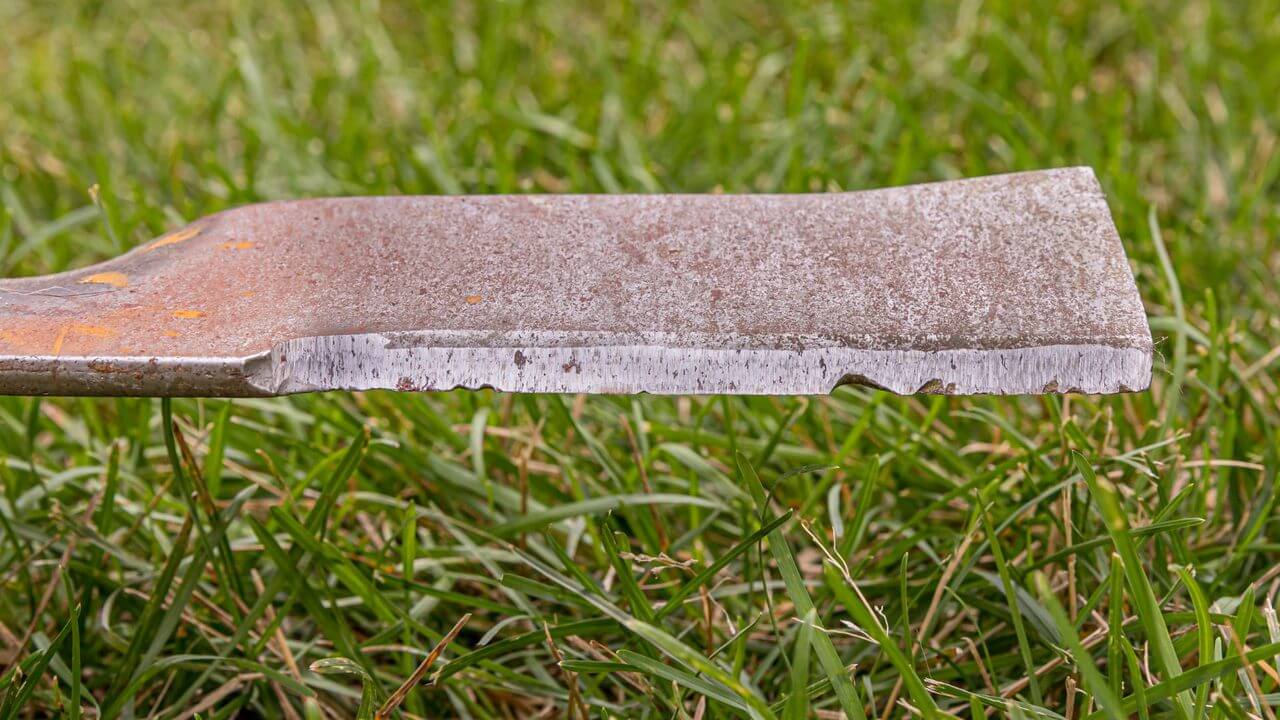
Fix: Sharpen blades every 20–25 hours of use or replace them if worn. Use a file or bench grinder to sharpen at a 45-degree angle, ensuring a balanced blade to avoid uneven cuts.
Yarbo Solution: Yarbo’s dual 20-inch cutting discs with five blades each deliver a fine, clean cut, and its low-maintenance design reduces blade sharpening frequency.
-
Mowing Wet Grass
Mistake: Mowing wet grass after rain or irrigation causes clumping, uneven cuts, and mower clogs. It can also spread fungi and create slippery safety hazards.
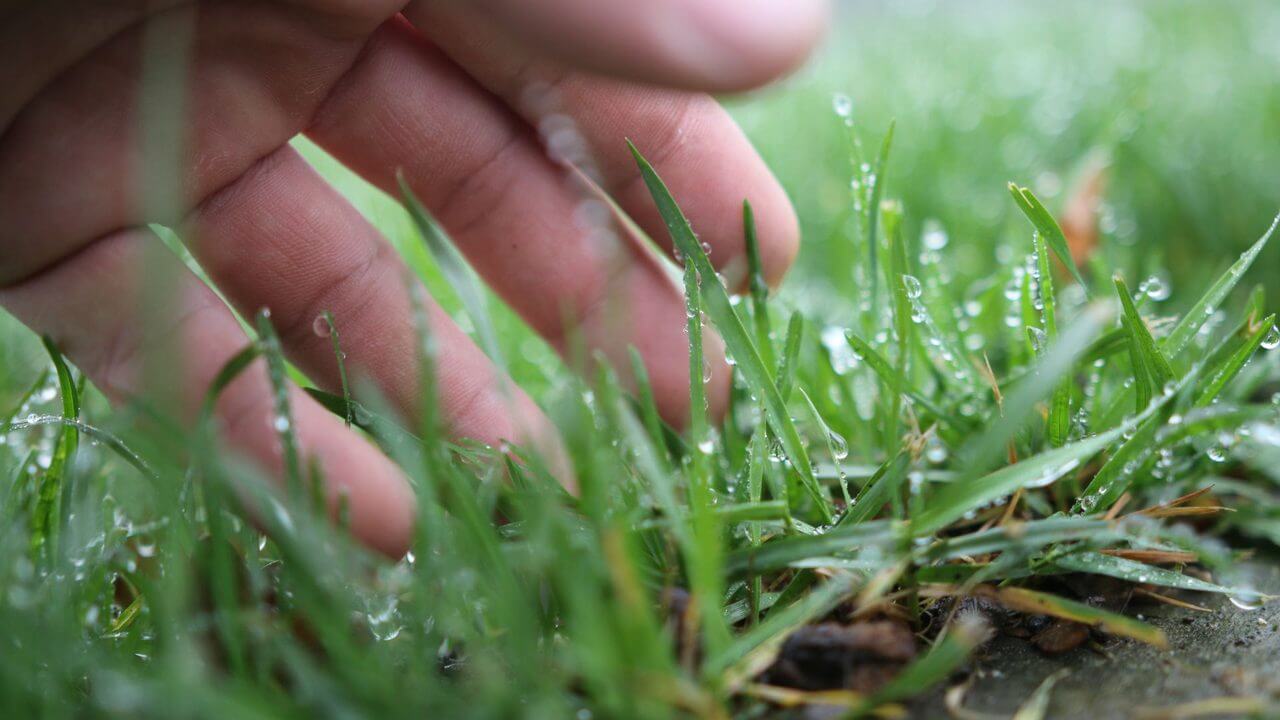
Fix: Wait until the grass is dry before mowing. Check the weather forecast to plan mowing sessions and avoid wet conditions.
-
Ignoring Mowing Patterns
Mistake: Mowing in the same direction every time causes grass to lean or form ruts, leading to uneven growth and soil compaction.
Mow when the grass is dry, preferably in the early evening when temperatures are cooler.
.png?w=1920&h=1080)
Fix: Alternate mowing patterns (e.g., horizontal, vertical, or diagonal) each session to encourage upright growth and prevent ruts.
Yarbo Solution: Yarbo’s app allows you to customize mowing patterns, creating professional-looking stripes or waves while promoting healthy grass.
-
Mowing Too Quickly
Rushing the process can cause uneven cuts and missed spots. A slower pace ensures an even trim and better results.
-
Letting Grass Grow Too Long
Waiting too long between mowings forces you to cut more than one-third of the blade height, stressing grass and increasing clippings.
-
Forgetting Safety Precautions
Removing debris, wearing protective gear, and checking equipment are essential before every mowing session.
Essential Grass Mowing Tips for a Healthier Lawn
Avoiding mistakes is only half the battle. The following lawn mowing tips will keep your grass green and resilient.
-
Stick to a Regular Schedule: Mow weekly during active growth seasons to maintain consistent height.
-
Adjust Height by Season: Keep grass slightly longer in summer to provide shade for roots. In cooler months, mow shorter to prevent fungus.
-
Recycle Clippings: Mulched clippings return nutrients to the soil, reducing the need for fertilizer.
-
Edge and Trim: Clean edges around sidewalks and driveways enhance curb appeal and prevent grass from creeping.
-
Check Soil Health: Fertilize and aerate regularly to complement your mowing routine.
-
Match Mower Type to Lawn Size: Push mowers are great for small yards, while robotic or ride-on mowers save time in larger landscapes.
Seasonal Lawn Mowing Tips You Should Follow
Every season demands a slightly different mowing approach:
Spring
-
Resume mowing once grass reaches 3–4 inches.
-
Sharpen mower blades before the first cut.
-
Apply fertilizer and mow soon after for optimal nutrient absorption.
Summer
-
Mow in the early morning or late evening to avoid heat stress.
-
Raise mower height to protect grass from drought.
-
Never mow during peak sun — it causes scalping and sunburn.
Fall
-
Keep mowing until grass growth slows before winter dormancy.
-
Mulch fallen leaves to add organic matter.
-
Lower mowing height slightly to prevent snow mold.
Winter
-
Avoid mowing frozen or dormant grass.
-
Store and service mowers so they’re ready for spring.
Smart Tools and Yard Automation with Yarbo
Traditional mowing takes time, energy, and careful planning. That’s where Yarbo changes the game. Yarbo is a modular smart yard robot designed to automate mowing, snow blowing, and leaf cleanup.

Why Yarbo makes grass mowing easier:
-
Precision Cutting: Yarbo maintains consistent mowing heights automatically.
-
Time-Saving: No more weekend mowing chores — Yarbo handles it on schedule.
-
Healthier Lawns: By following optimal mowing patterns and timing, Yarbo reduces common mistakes.
-
Multi-Season Utility: Swap modules to mow in summer, blow leaves in fall, and clear snow in winter.
For homeowners aiming for a professional-quality lawn without the labor, Yarbo is the ultimate solution.
Conclusion
Mowing is the single most frequent task in lawn care, and it’s easy to overlook how important it is to get it right. By avoiding common mistakes and following these grass mowing tips, you’ll keep your lawn greener, healthier, and more resilient year-round.
And with smart automation from Yarbo, mowing becomes not just easier — but smarter. Yarbo ensures consistency, precision, and time savings, letting you enjoy a lawn that looks professionally maintained with minimal effort.
Frequently Asked Questions
-
What is the best height for grass mowing?
Most lawns thrive when cut between 2.5–3.5 inches, but always follow the one-third rule. Yarbo allows you to set exact mowing heights for precision. -
Should I mow before or after watering the lawn?
It’s best to mow before watering. Wet grass bends and clumps, making mowing uneven. -
How often should I mow my lawn in summer?
Weekly mowing is recommended. With Yarbo, you can schedule multiple smaller trims, which keeps grass consistently healthy. -
Can mowing patterns really affect lawn health?
Yes, mowing in different directions prevents soil compaction and encourages upright growth. Yarbo’s smart navigation automatically alternates mowing paths. -
Is a robotic mower like Yarbo worth it?
For busy homeowners or those with large, complex yards, Yarbo is a game-changer. It eliminates manual mowing while improving lawn health through precision care.


-7.png?w=1001&h=621)
 Private group · 33.0K members
Private group · 33.0K members

